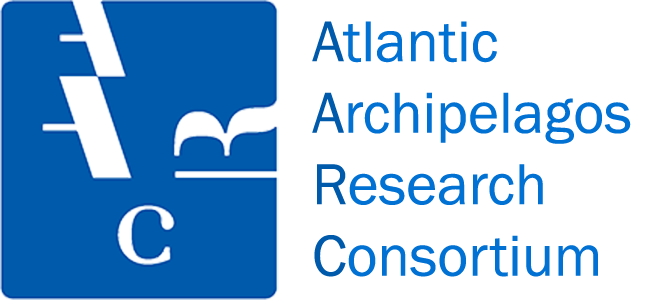Reversing aggressiveness in leukemia

A new drug target for the two most common types of myeloid leukemia—including a way to turn back the most aggressive form of the disease—has been identified by a research team including UGA’s Takahiro Ito and collaborators at the University of Tokyo.
By blocking a protein called BCAT1, the researchers were able to stop cancer cell growth in mice and human blood samples from leukemia patients.
The BCAT1 protein activates the metabolism of a group of amino acids known as branched-chain amino acids, or BCAAs, which are essential building blocks of proteins in all cells and thus necessary for aggressive leukemia cells to grow. The same enzymes also are responsible for the development of brain and lung tumors.
Earlier research indicated that BCAT breaks down the BCAAs in most healthy tissues. The new paper, published in the journal Nature, shows for the first time that rather than breaking them down, leukemia cells use the BCAT1 pathway to produce BCAAs. By blocking the protein, researchers can reverse the disease’s aggressiveness.
“We wanted to understand what is driving aggressiveness in acute leukemia, and then examine whether targeting such a pathway would reverse the disease back to the treatable phase,” said Ito, senior author on the paper and assistant professor of biochemistry and molecular biology in the Franklin College of Arts and Sciences.
This brief appeared in the fall 2017 issue of Research Magazine. The original press release is available at http://news.uga.edu/releases/article/researchers-harness-metabolism-to-reverse-aggressiveness-in-leukemia/.
